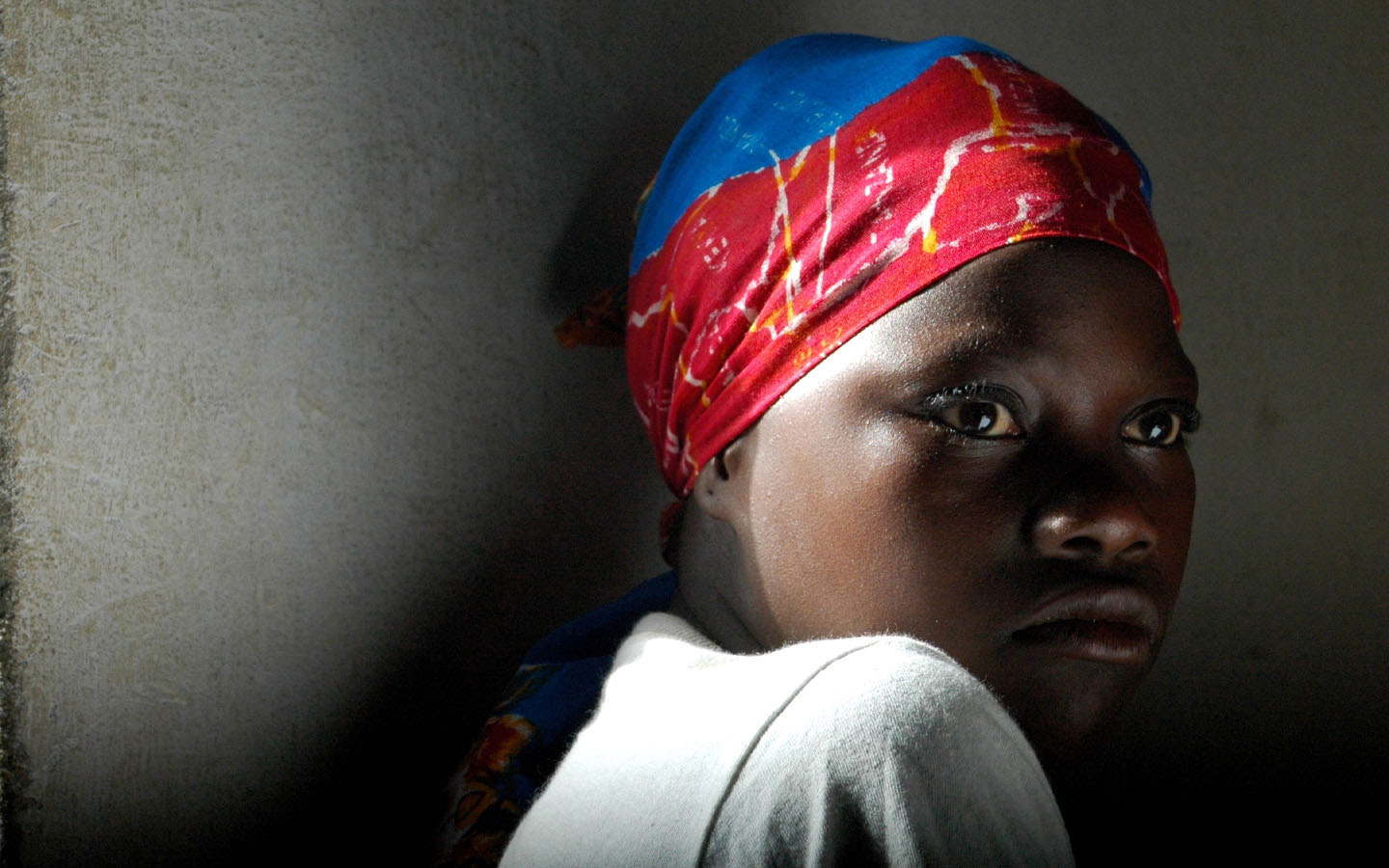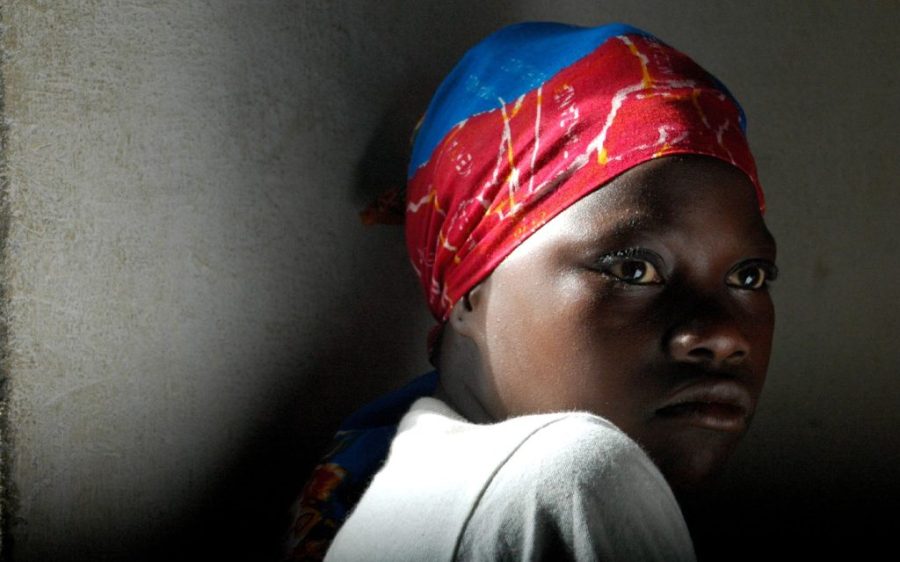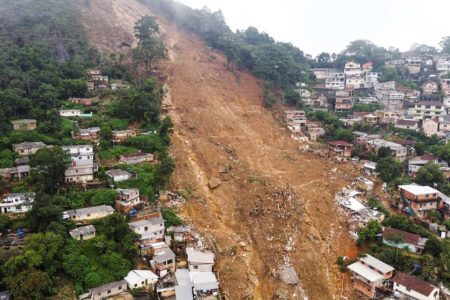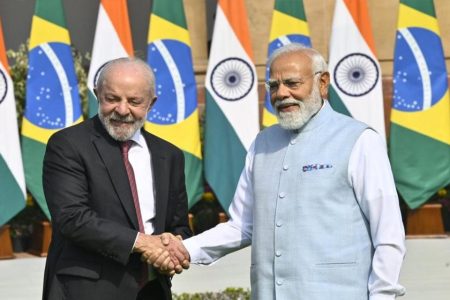Five years after the passage of a law in Mozambique cracking down on underage marriages, the Coalition for the Elimination of Premature Marriages (CECAP) declared on Friday that the situation “remains worrying,” with dozens of such marriages taking place every day.
According to the Portuguese news agency Lusa, the announcement came at a press conference in Maputo marking the end of a visit to Mozambique by Girls Not Brides (GNB), a global network of more than 1,400 civil society organisation from over 100 countries committed to ending child marriage and ensuring the futures of girls around the world. GNB has flagged Mozambique as a priority country, and has been providing financial and technical support to CECAP, a local coalition of over 60 organisations.
The Law on Preventing and Combating Premature Unions, passed in July 2019 and promulgated by President Filipe Nyusi in October, bans marital unions involving people under the age of 18 and punishes adults who marry minors with up to 12 years in prison. This penalty also applies to adults who participate in engagement preparations or agree to live in such a union. Civil servants, religious and traditional leaders who celebrate marriages involving minors also face sanctions.
[See more: Insurgent attacks force thousands to flee in northern Mozambique]
This strong legal framework, however, has little power to reduce the high prevalence of early marriage in Mozambique – affecting almost half of girls in the country – without proper enforcement.
This is especially challenging in the province of Cabo Delgado, as an ongoing Islamist insurgency challenges the enforcement of any law while also creating the impoverished conditions that increase the prevalence of such marriages. Local tradition also considers 15 the age of maturity, including for marriage.
CECAP and its international ally haven’t given up hope, though. They have proposed an ambitious agenda focused on legal and political reforms, improvements in education and improvements in health services. Special attention, they say, is needed to protect girls in the areas experiencing a humanitarian crisis, calling for specialised programmes and better enforcement.






